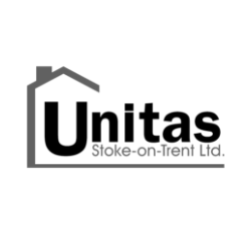How can we help you meet your challenges?
Our purpose as consultants is simple. We help you solve your business challenges and ensure you deliver real change and achieve your business objectives. Working closely with you, we tailor our service to your needs, helping you achieve tangible and measurable results.
Get in touch today with one of our property experts.
Explore our Consultancy services
Property Compliance
Our compliance experts work with housing organisations, helping to solve a range of issues involving electric, gas, fire, water, asbestos and lifts.
Find out more
Asset Management
Whether a health check of your organisation's existing approach is required, or you need support with strategy development, we can help.
Find out more
Consumer Regulation
Assessing your current consumer regulation approach to ensure compliance with the most recent requirements and new consumer standards.
Find out more
Building Safety
With a wealth of Building Safety experience and technical knowledge, we will help you identify any gaps within your Building Safety obligations.
Find out more
Damp and Mould
Supporting you to ensure that you have a robust approach to dealing with Damp and Mould issues, for full assurance that you are keeping your tenants safe.
Find out more
• Options Appraisal
• Repairs
• Leading and Embedding Change
• Occupational Health, Safety and Wellbeing
• Project Management
• Procurement
Our Consultancy guidance
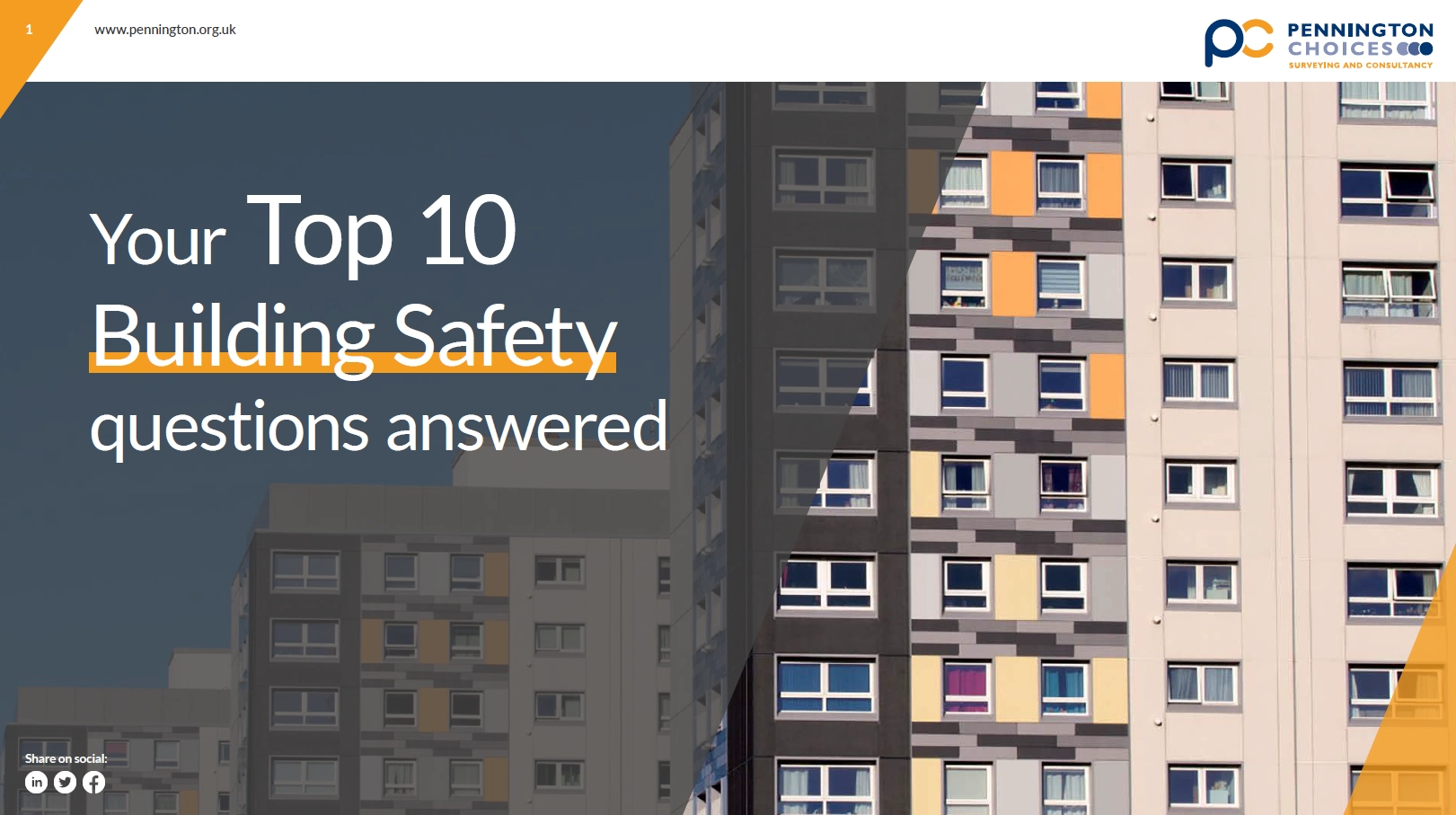
We are trusted by

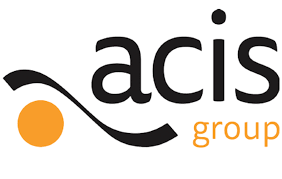

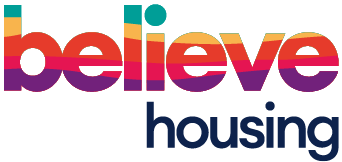
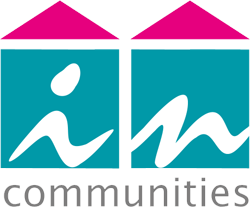
.png)
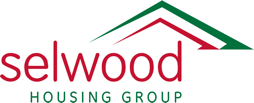
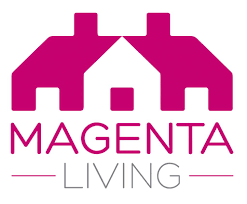
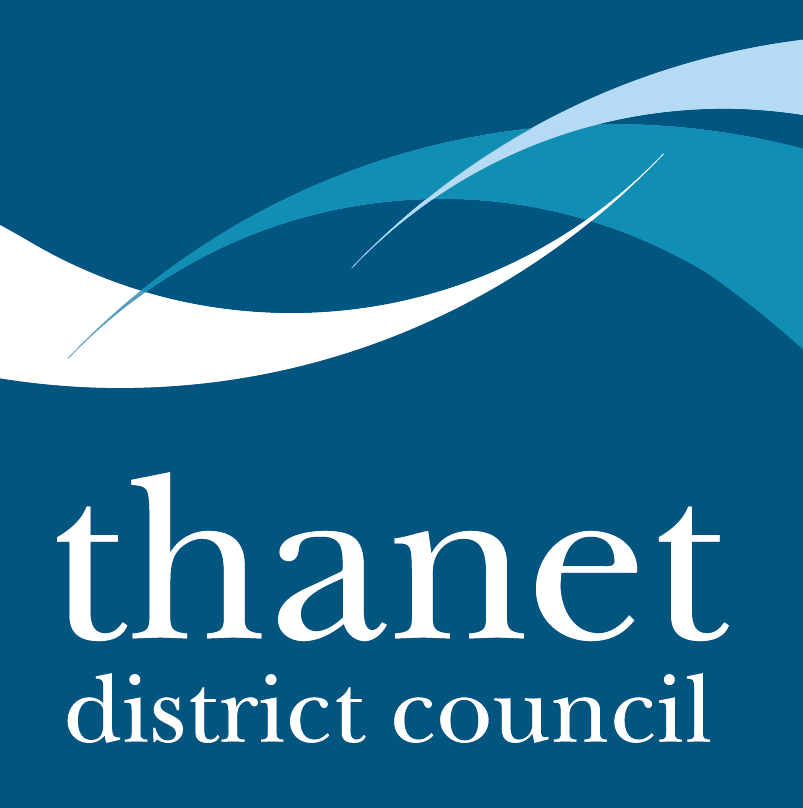
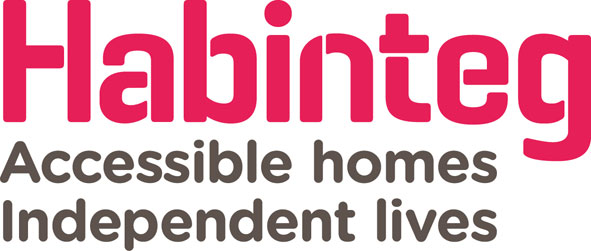
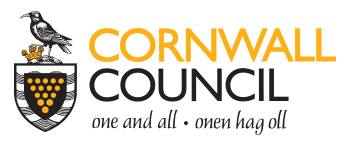

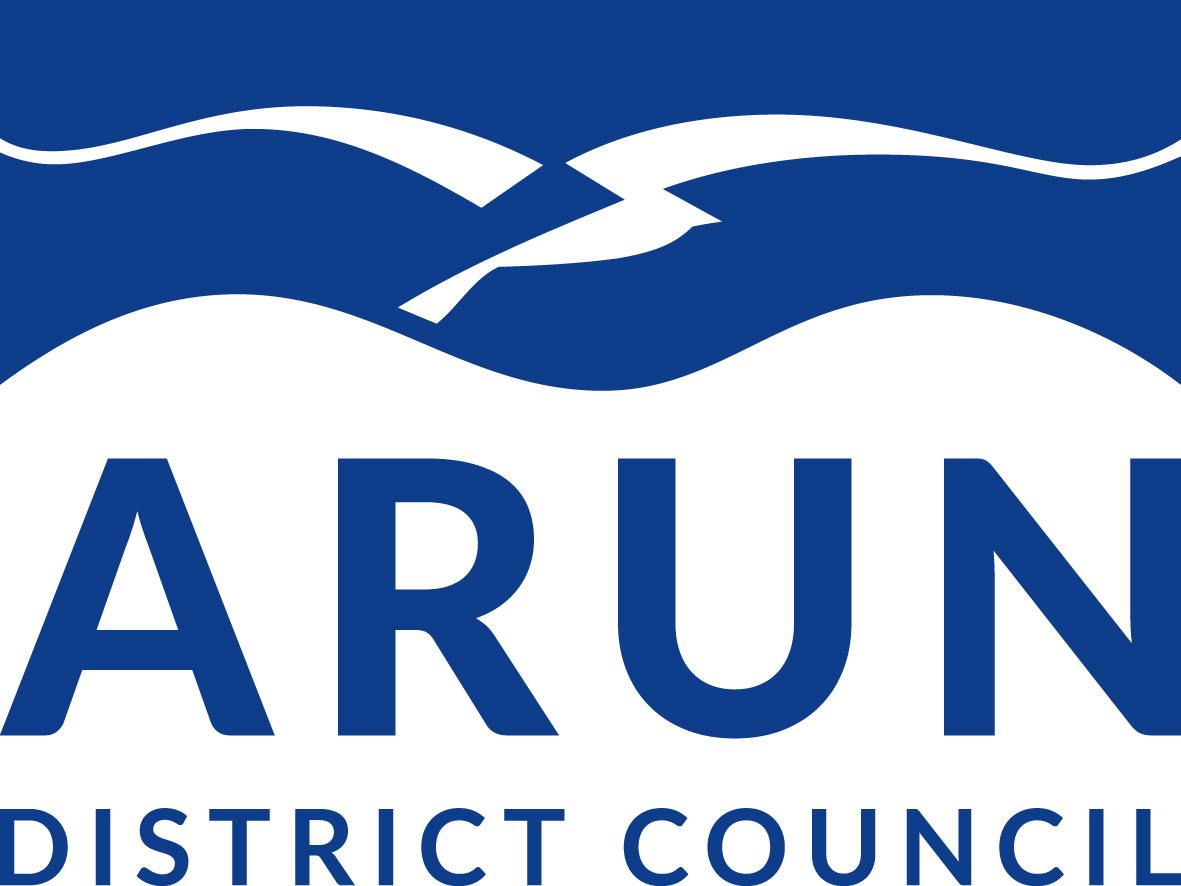
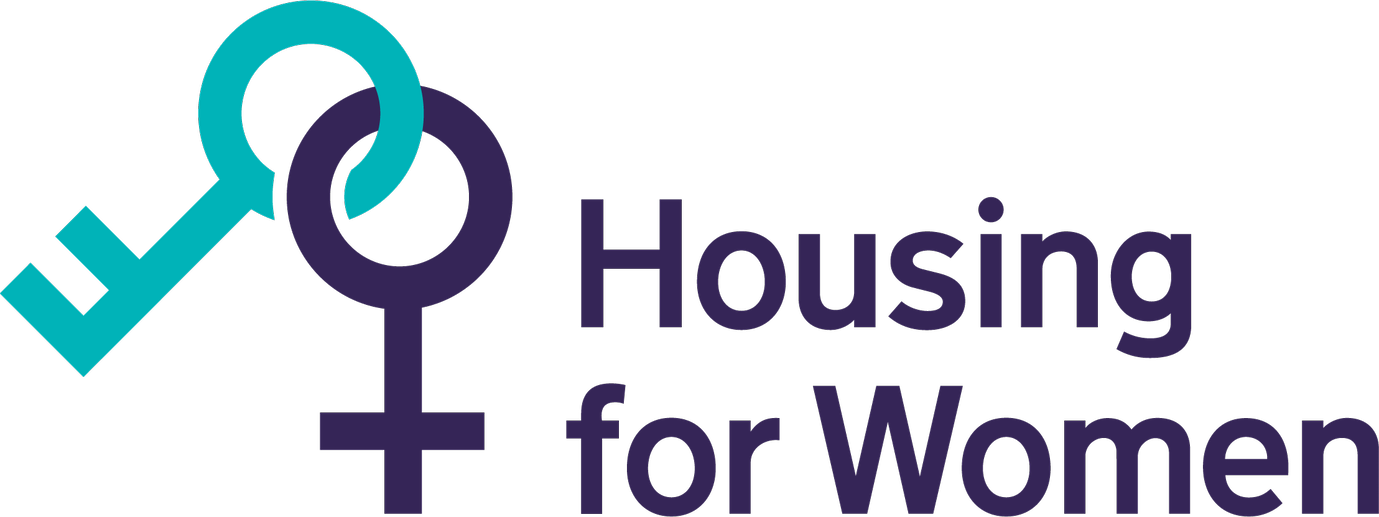

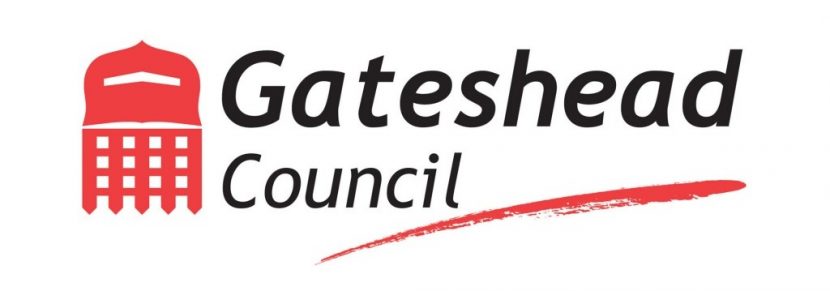
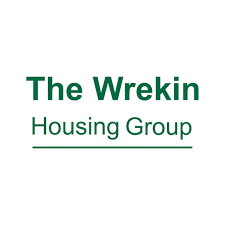
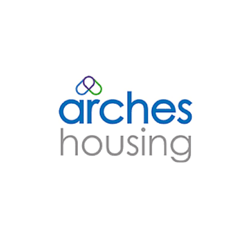
Housing Consultancy FAQs
What is Property Compliance?
Property compliance is achieved through the adherence to all relevant legal obligations, regulations, and Approved Codes of Practice (ACOP) relating to a property. Within the housing sector, these obligations are placed on landlords and property owners, ranging from social housing to private student lettings. Property compliance focuses on 6 key areas these are:
-
Electrical Safety
-
Gas and Heating Safety
-
Fire Safety
-
Water Hygiene Safety
-
Asbestos Management
-
Lift Safety
This list is not exhaustive and there are circa 97 areas of compliance that a landlord or housing provider needs to manage. For a confidential chat about the areas of compliance you may need support with, speak to an expert.
Property compliance is achieved through the adherence to all relevant legal obligations, regulations, and Approved Codes of Practice (ACOP) relating to a property. Within the housing sector, these obligations are placed on landlords and property owners, ranging from social housing to private student lettings. Property compliance focuses on 6 key areas these are:
-
Electrical Safety
-
Gas and Heating Safety
-
Fire Safety
-
Water Hygiene Safety
-
Asbestos Management
-
Lift Safety
This list is not exhaustive and there are circa 97 areas of compliance that a landlord or housing provider needs to manage. For a confidential chat about the areas of compliance you may need support with, speak to an expert.
What is the Building Safety Act 2022?
The Building Safety Act aims to make people safer and feel safer in high rise residential buildings. The Act is a response to the tragedy at Grenfell Tower in 2017, the horrific scenes that took place were a direct result of the serious failing of the building and the management of the properties. The Act aims to ensure that there is accountability throughout the sector, to ensure that those responsible for the safety of high-risk buildings and their occupants are doing what they need to, and that for any mistakes, they are held accountable and made to put them right.
When will the Building Safety Act become law?
The Building Safety Act has been approved by parliament and has received Royal Assent in April 2022, so is now law. However the various requirements will come into effect over the next 12-18 months. It is anticipated that the main duties and obligations for occupied buildings will take effect during 2023.
The Building Safety Regulator is the governing body who has been given powers to enforce the rules set out in the Building Safety Act and to take action against those who break them. The Regulator will also implement and oversee a new set of more stringent rules for high rise properties, including how they are designed, constructed, and occupied. The introduction of the Building Safety Regulator shows a proactive, rather than reactive approach to building safety, which the sector has needed for some time.
The Building Safety Act has introduced stronger requirements on Accountable Persons to ensure building safety risks in occupied properties are properly managed. The government had originally proposed that a prescribed role of Building Safety Manager would be created to assist the Accountable Person meet their obligations. However the government have recently decided not to require this role, and it is now for the Accountable Person to determine how they will fulfil all of their duties. Accountable Persons will still need to ensure that those who are involved in the management of building safety risks are sufficiently competent, knowledgeable, and experienced to carry out effective day-to-day identification and management of those risks.
.webp?width=600&height=150&name=Pennington%20Choices%20Logo%20(reduced).webp)

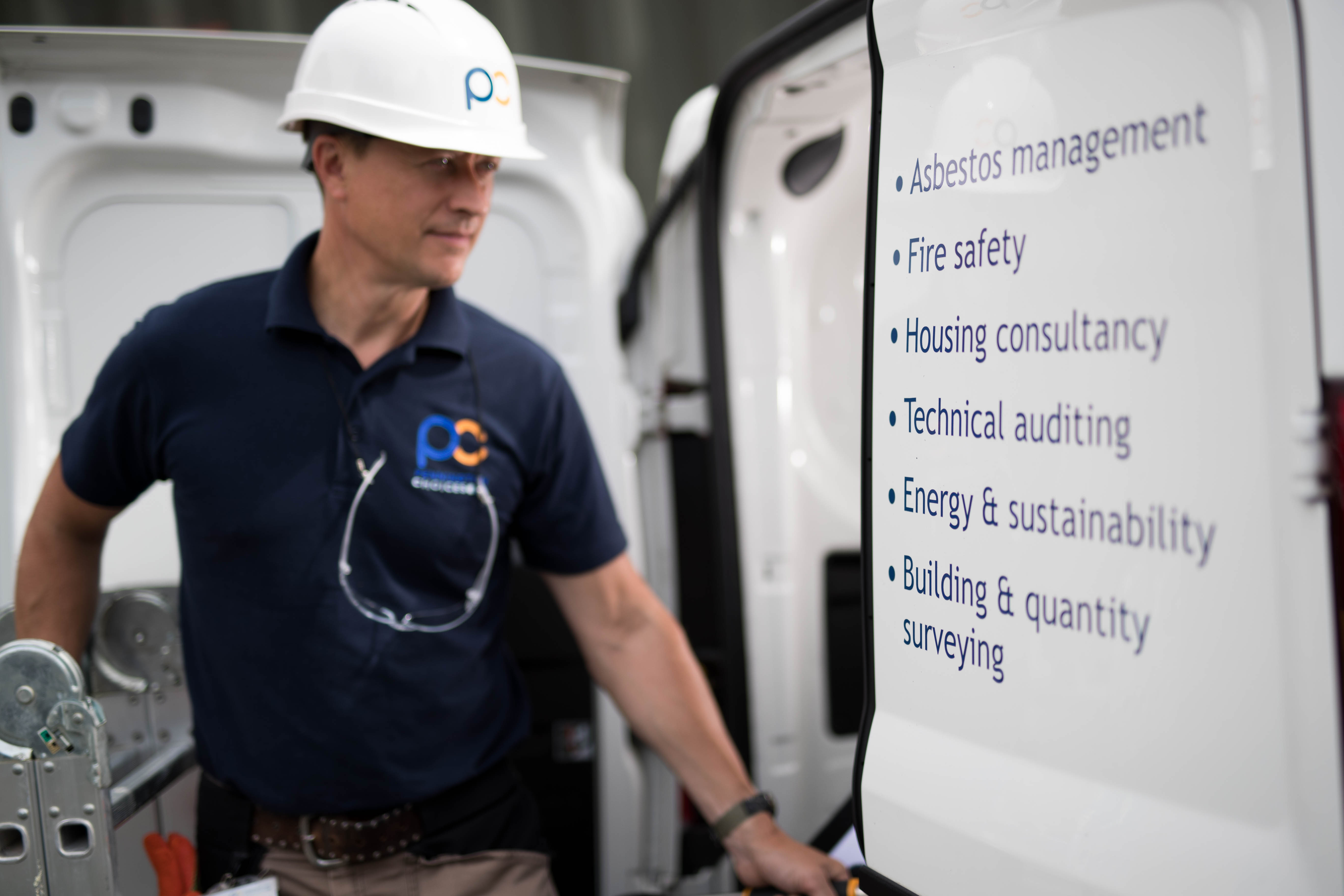



.webp?width=250&height=141&name=apartment%20building(1).webp)
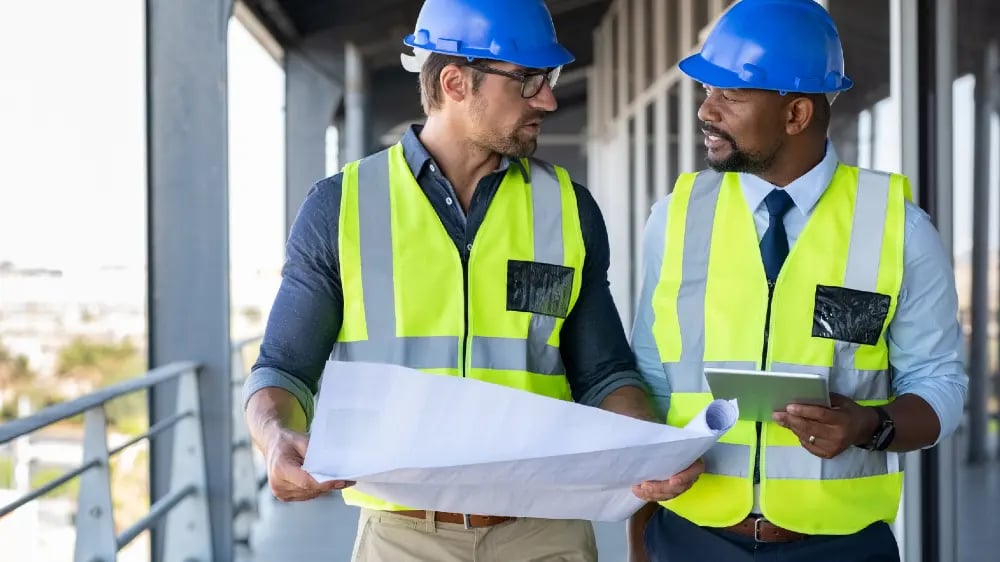
.webp?width=960&height=623&name=ezgif.com-gif-maker%20(16).webp)


